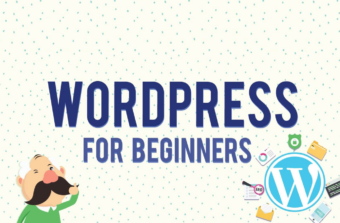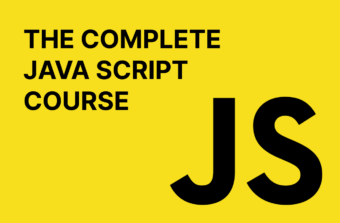PHP for Beginners
About Course
Welcome to the PHP for Beginners course! Whether you’re just starting your programming journey or looking to expand your skills, this course is designed to provide a solid foundation in PHP, one of the most popular server-side scripting languages used for web development.
In this course, you will:
- Learn PHP syntax and structure, starting with the very basics.
- Understand how PHP integrates with HTML to create dynamic web pages.
- Explore variables, data types, operators, and control structures.
- Master PHP functions and how to interact with forms and databases.
- Dive into object-oriented programming (OOP) concepts in PHP.
- Build real-world projects, gaining hands-on experience to reinforce your learning.
Through a combination of video lectures, interactive exercises, and practical examples, you will be ready to create dynamic websites and web applications with PHP by the end of this course.
Course Content
Introduction to PHP
-
History Of PHP
01:32 -
Why You need PHP
01:24 -
Setting up the working environment
01:38




The content is excellent, and the instructors are also excellent.
How much you learn from this course is pretty much what you put into it.